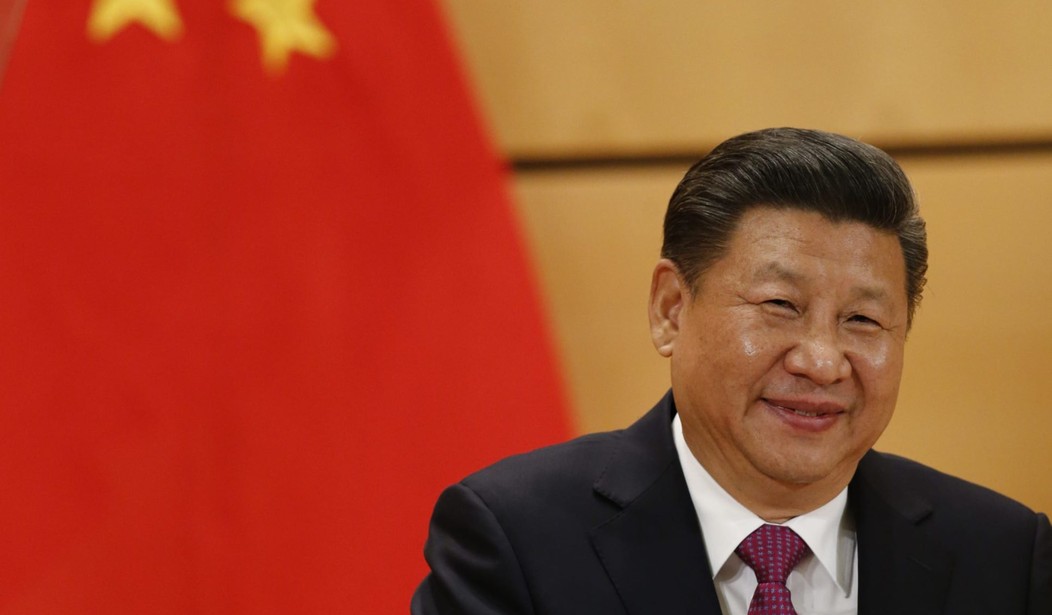About all the Guardian could say about Christine O’Donnell’s victory in the Delaware GOP primary was to blubber incredulously that a person who “is pro-gun, anti-abortion, fiscally conservative and believes masturbation is a sin” could win 53% of the relevant vote. They could only maintain self-respect by sneering that the “Delaware result will at least give the Democrats hope that they can hold it. The seat might hold the balance in the Senate.”
If that’s the good news, the bad news is that a “surge of anger among US conservatives both with Barack Obama and the Republican Party” — the Guardian‘s way of saying “Washington, D.C.” — is such it gave victory to someone “widely regarded as being so far to the right as to be unelectable” — the Guardian’s way of saying “someone we didn’t expect to win.” Their crystal ball is cracked and now they’re pretending they don’t need it. The Washington Post saw a silver lining in the dark cloud and argued that with Michael Castle out of the way, a seat the Democrats once thought was lost is now safely in hand.
Castle was the heavy favorite to win in November and take the seat Biden held for three decades before he resigned to become President Obama’s vice president. Polls showed Castle leading Democrat Chris Coons, the New Castle County executive, and many Democrats considered the seat virtually gone.
Now those calculations are out the window, as exuberant Democrats predicted they would hold the seat and the GOP establishment in Washington weighed whether to shift its resources to other more attractive contests. A senior Republican, who spoke on the condition of anonymity to offer a candid view, said the national committee would “walk” out of the Delaware race.
But how could the conventional wisdom, both Democrat and Republican, be so wrong? Maybe they were counting the wrong chips. As the video below suggests, it may no longer be possible to consider contests, at least in the GOP primaries, as matchups between two candidates. It is no longer Candidate A vs Candidate B. It is “us versus them” and now necessary, to the consternation of Karl Rove, to see elections in terms of the contest of narratives. Maybe it wasn’t O’Donnell who beat Castle, any more than the multitudes at the “Restoring Honor” rally came to see Glenn Beck, just that they channeled a wave of disgust that is looking for a way to send a message to Washington any way it can.
[youtube 4Jlh1EsgS7Q?fs=1&hl=en_US]
It’s news that nobody from the establishment wants to hear. The Democrats may win Delaware, but at the price of watching a new political fault line define itself without being able to take much advantage of it. To the traditional horizontal divide between Republican and Democrat is added a vertical one: Washington insider vs outsider. It has divided politics into quadrants. Now the problem facing many a politician isn’t just whether to cross the aisle, but whether to speak to those outside the building. The GOP is still on course to win the House and had only an outside chance to win the Senate even had Castle triumphed. So O’Donnell’s result will not mean that much in raw arithmetic. But it does scads for atmosphere. While the total GOP vs Dem numbers might not be all they could have been without the anti-incumbent mood, those who do gain their seats in 2010 will be operating in a vastly changed environment.
The defeat of Castle serves further notice that anyone wanting to return to business as usual will probably be punished by the voters. Since the economic crisis is likely to continue, the same forces now tearing through the ranks of the establishment will continue to rampage unabated in 2011. There won’t be enough Tea Party candidates to directly alter policy, or hang a rap on. However, there will be sufficient numbers to focus the energies of a movement whose energies have not yet run their course.
The status quo remains in control of Washington. But unless they are saved by a sudden upturn in the economy, they will be trapped in a terrible dilemma: unable to run to the Left for fear of electoral retribution; unable to run to the Right out of concern for their privileged positions. And there they are likely to remain; frozen into relative immobility, waiting for the wave, or the sudden realization that it’s over and they have to find their place in the new paradigm rather than the old.










Join the conversation as a VIP Member